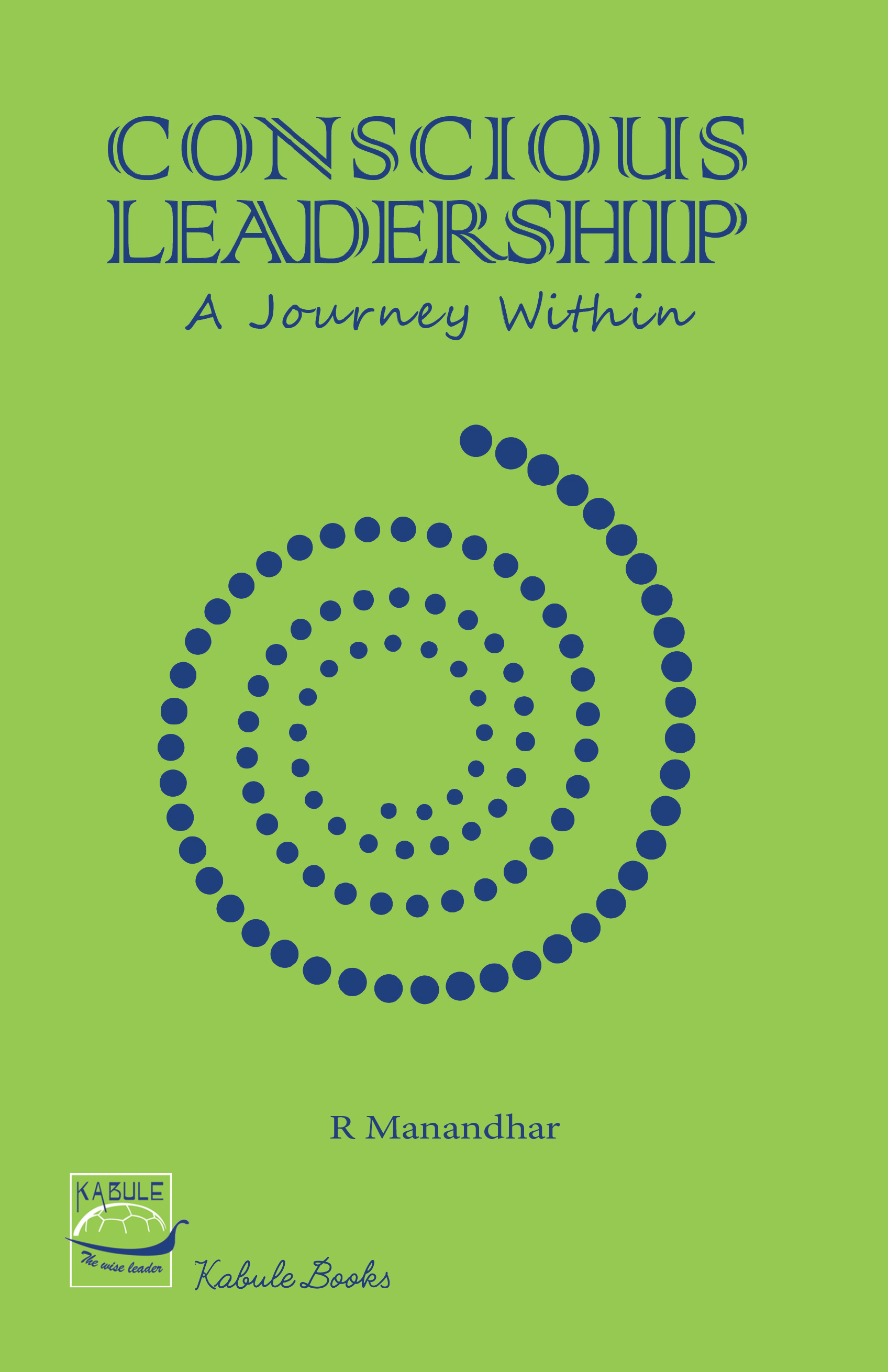- Creative Leadership and Team Building
- Coaching for Performance
- Creating Visionary and Transformative Leadership
- Simplicity -- How to do and be more with less
- Managing Diveristy
- NLP for Personal and Professional Excellence
- Communication for Teambuilding and Result
- Advocacy & Influencing
- Personal Competencies and Interpersonal Effectiveness
- Inspiring Leader-Facilitator and Team Building
- Organizational Development
- Social Mobilization – Strategy for Social Transformation
- Peace and Democratic Practices Among Children
- Diploma in NLP
- Sales Champions
- Staff Retreat Facilitation
Contact
R. Manandhar
Trainer/Consultant
Email : kabuleader@gmail.com
Phone: +977 981 346 1049;
Phone, Viber, Wapp: +977 984 133 9585
(If call not picked up, please leave a message. We will call back.)





Customer feedback
Most training programs I have been are focused only to office situations. What we learnt from this training, I felt, is not limited for a particular place. It is applicable everywhere, from self to family, office and society. This training has changed my perception. In conflicts, I used think from my side only. This has changed my perception. I learnt that I should review myself and think from other person’s perspective too.
[Read More]
Kabule Activities

Training > Peace and Democratic Practices among Children
Background
How we train children to think and (re)act can play a vital role in the building of peace. As seen in the preamble to the 1945 UNECSO Constitution: "Since wars begin in the minds of men (and women), it is the minds of men (and women) that the defenses of peace must be constructed" (UNESCO 1945). The construction of mind starts in the childhood.
It is how their childhood has been trained that makes people war-lovers and peace-lovers. If we want a peaceful future we need to train children how problems can be resolved more effectively through peaceful means than violent means. We need to train them from their childhood how to put their demands peacefully, yet in strong and effective ways.
The culture of peace and democracy can be established in the society by creating an environment for children to practice them from their daily life. We need to teach and practice with them how to put forward one's ideas in assertive manner and in the same way how to listen and respect ideas different than one's own. For a democratic and peaceful society, it is very important that children practice cooperation rather than mare competition. It is very important to get children to practice positive and creative solutions rather than entangle into conflict and become destructive, just to defeat others.
The most important is that children learn to enjoy the beauty of life and appreciate the world around them. A happy mind is a peaceful mind.
Goal
To promote peace culture and democratic practices among children for a happy, peaceful and just world
Main Objective
To make the children able to enjoy the beauty of life and the world, appreciate oneself and the others, and to increase happiness and peacefulness in their lives
Specific Objectives
To make the children able to put demands/opinions in assertive but non-violent way
To make the children able to appreciate the opinions different than theirs and to resolve conflicts in positive way
To provide the skills of non-violent communication among children
To make the children able to deal with their daily life stress and tense situations in positive way and promote positive thinking in children
Major Contents
What are conflicts and how conflicts born and grow
What is peace and the ways to achieve it
How to appreciate oneself (develop self-acceptance) and how to accept others equally
How disagreements/conflicts can be managed in creative way? How to agree to disagree?
Non-Violent Communications (Empathetic listening, Authentic Speaking, Curious Questioning)
How to put one's demands and opinions in effective and positive way. How to negotiate and play win-win
How to manage stress and emotions for positive results
Teaching of different ways of thinking (teaching thinking of Edward the Bono)
Ways to see and enjoy beauty in life and the world and the ways to promote happiness and peace in mind
Target Group
This training can be impart at two levels :
- a) Trainers Training for teachers, child facilitators and NGO workers who work directly with children.
- b) Child club leaders, members and children in general (age 14 to 18)
Time:
Four days (basic) and follow up of two days after six months and follow up of two days after six months

 Free download a book on Leadership
by Kabule publication
Free download a book on Leadership
by Kabule publication





